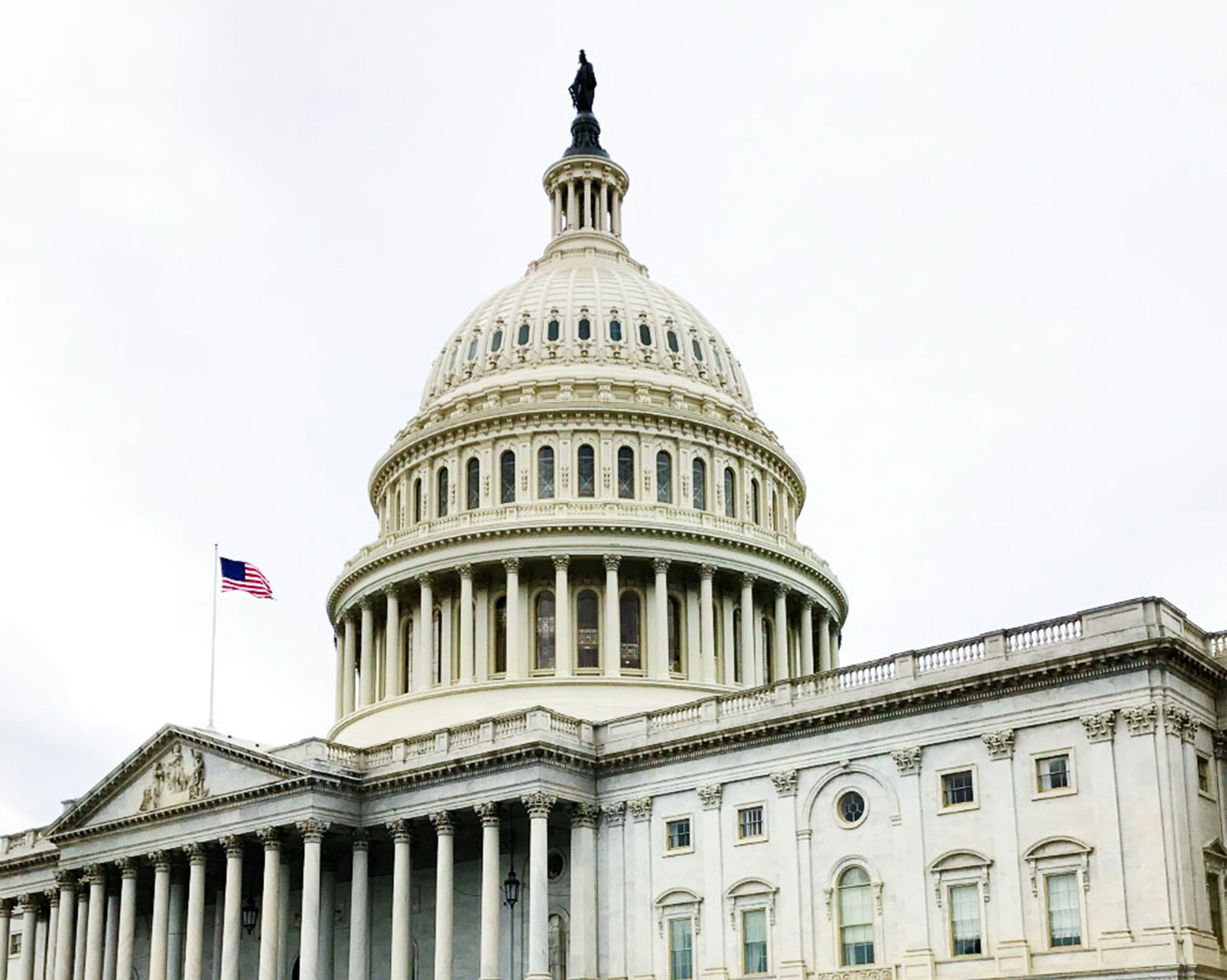
The Evolution of Marijuana Laws, Part 3: Federal Law Stasis v. State Law Metamorphosis
- Breaking News
As discussed in Part 1 and Part 2 of this blog series, medical marijuana has seen widespread growth and acceptance across the United States in recent years. As medical marijuana laws continue to evolve, employers are increasingly challenged to keep up and adapt their workplace policies and protocols (from zero tolerance policies to drug-testing procedures). But while state laws continue to evolve in favor of medical marijuana, the federal government still considers it illegal. So, what’s the difference and why does it matter?
Marijuana is a Schedule I Drug under Federal Law
The Controlled Substances Act still classifies marijuana as a Schedule I substance (despite a recent reclassification attempt). That means that it is considered to have “no accepted medical use” and a “high potential for abuse.” Other drugs in this category include heroin, LSD, ecstasy, methaqualone, and peyote. Because of this classification, the federal government prohibits the manufacture, distribution, and possession of marijuana, regardless of the purpose. Accordingly, the federal government retains the authority to prosecute marijuana-related offenses, even when such activities are fully legal under state law. Federal enforcement, however, has been limited in practice and continues to decline particularly in states with long standing marijuana legalization schemes.
Why does this matter for employers? As noted in Part 2, several states – including New York, Nevada, California, and Michigan – have implemented anti-discrimination laws that protect employees’ medical or off-duty marijuana use. The scope and focus of these laws vary significantly; some emphasize limitations on drug testing, while others address workplace accommodations. Conversely, certain states, like Alabama, provide no explicit employment protections for medical marijuana users.
Also, certain employers are required to enforce federal drug law to a certain extent, such as employers of semi-truck operators subject to DOT drug testing and employers receiving federal funding or holding federal contracts requiring compliance with the Drug-Free Workplace Act. Noncompliance with these regulations or failure to maintain a drug-free workplace may lead to contract termination, suspension, or other legal consequences. These federal requirements may conflict with state and local marijuana laws, creating challenges for such employers, especially those operating in jurisdictions with protections for marijuana users.
So, What Do Employers Do?
Naturally, employers are expected to comply with both federal and state laws (no pressure!). But with the ongoing conflict between the two, employers are often left in a tricky spot – especially when determining whether and how to accommodate employees who use medical marijuana.
To better navigate marijuana in the workplace, employers should regularly review state-specific laws that govern marijuana use and workplace protections. Employers should work with counsel to carefully craft drug free workplace and drug testing policies specific to their jurisdictions of operation, federal or state law provisions, contractual obligations, and business needs.
If you have any questions or would like additional information, please contact McKenzie Meade at 205-323-9279 or mmeade@lehrmiddlebrooks.com.





